Optimising Feedlot Performance in Winter with Organic Trace Minerals
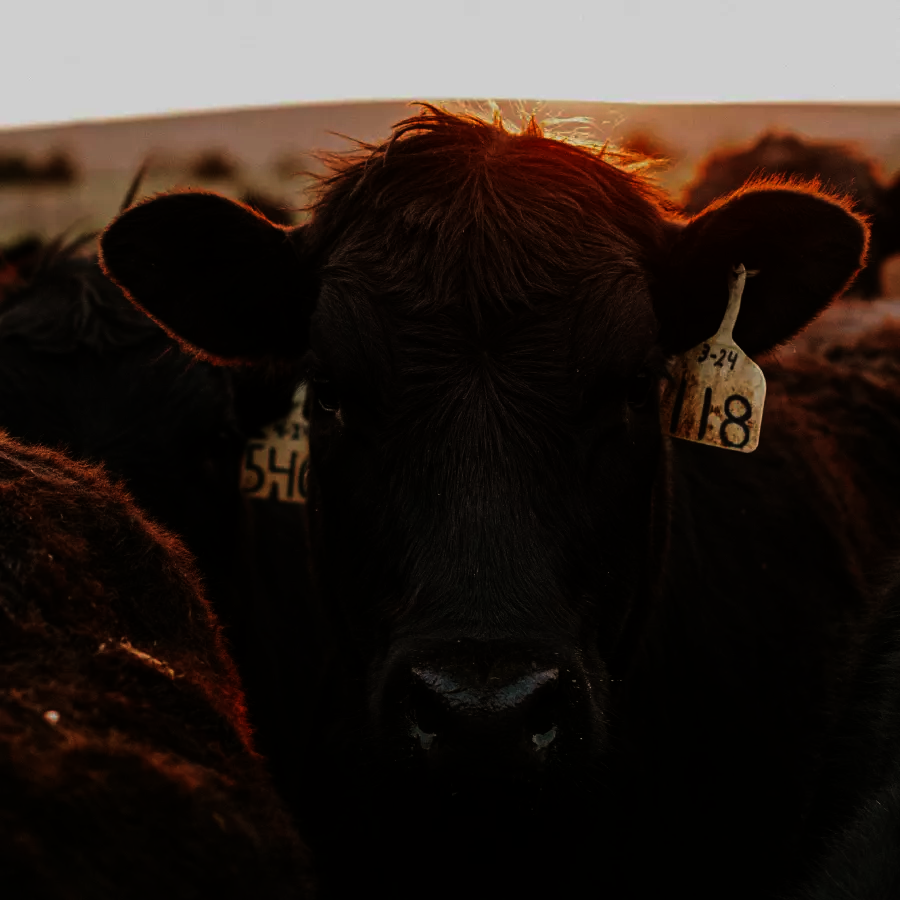
Optimising Feedlot Performance in Winter with Organic Trace Minerals - Zinc, Methionine & Chromium
The colder months of autumn and winter present unique challenges for Australian feedlot operators. Strategically implementing organic trace minerals can equip your cattle to perform during winter.
Organic trace minerals like zinc and chromium contain properties that enhance cattle health and feed efficiency to keep production going in the colder months.
Understanding winter challenges for feedlots
During winter, cattle require additional energy to sustain their core body temperature. This increased energy expenditure can divert nutrients away from growth and immune function, potentially leading to:
- Reduced Average Daily Gain: The colder months force cattle to use more energy from their feed for thermoregulation, leaving less energy available for weight gain.
- Compromised Immune Function: Cold stress can weaken the immune system in feedlot cattle by increasing cortisol levels which can suppress immune health, making cattle more susceptible to infection and disease.
- Decreased Feed Efficiency: Lower temperatures can alter feeding behaviour and digestion, impacting feed conversion ratios. Cold temperatures can stimulate appetite in cattle looking for more energy, leading to increased feed intake.
- Extended Wet Weather: The cooler temperatures of autumn and winter can result in prolonged periods of wet weather. Cold air holds less moisture than warm air, leading to increased precipitation. This creates wetter surfaces and more mud, which, with extended exposure, can soften cattle hooves and impact health.
Including organic trace minerals in your cattle’s feed can help optimise their nutrient absorption, immune health and productivity during winter.
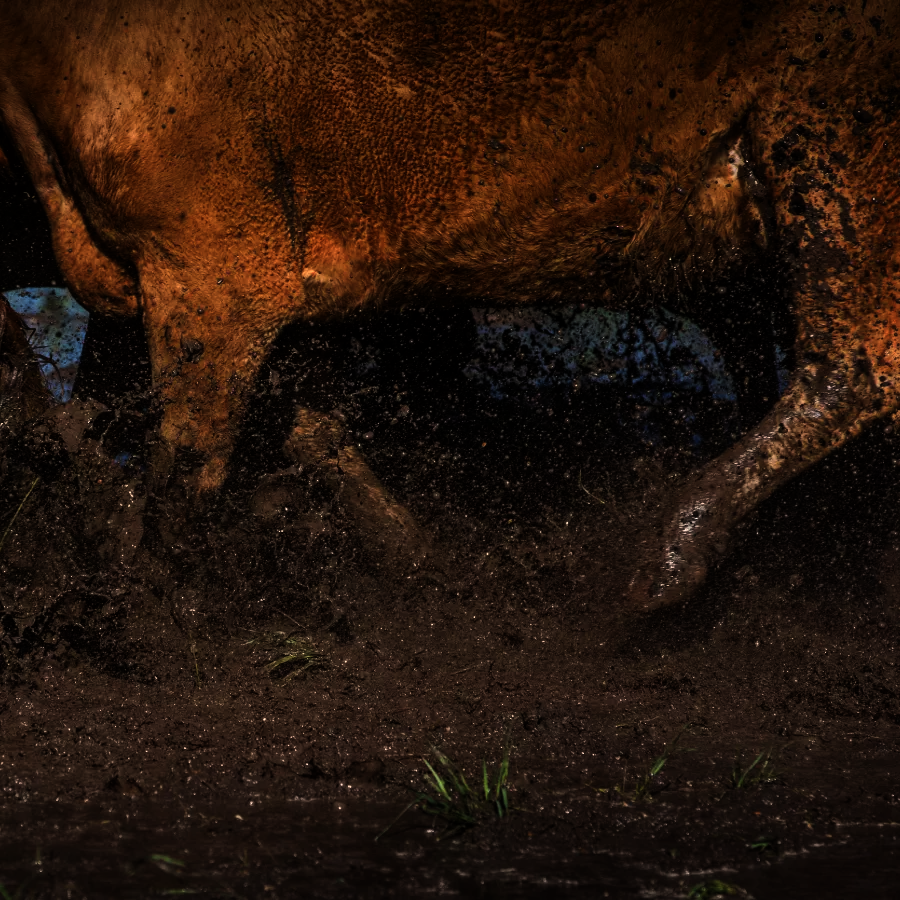
Zinc: Enhancing Nutrient Utilisation and Immune Health
Zinc is a vital trace mineral that plays a key role in supporting cattle health and performance, particularly during the colder months. It’s crucial for maintaining strong immune function, but since cattle cannot produce enough on their own, zinc must be supplemented in their diet to meet their daily needs.
Key Benefits of Zinc:
- Improved Feed Conversion and ADG: Zinc is involved in the proper functioning of the digestive system which helps enhance dry matter feed conversion and promotes better average daily gain.
- Enhanced Immune Function: Essential for both innate and acquired immunity, zinc plays a crucial role in various bodily functions which help enable cattle to better withstand the stressors associated with cold weather.
- Stress Tolerance and Recovery: Supplementing zinc into cattle feed can help them mitigate stress by lowering cortisol, allowing them to better tolerate and recover from stress.
- Hoof and Skin Integrity: A key part of keratin production in cattle, zinc is important for maintaining healthy hooves and skin. This helps cattle maintain hoof integrity and recover from wounds in wet and muddy winter conditions.
By ensuring adequate zinc intake through feed rations, producers can support cattle's metabolic needs, promoting better growth rates and overall health during winter.
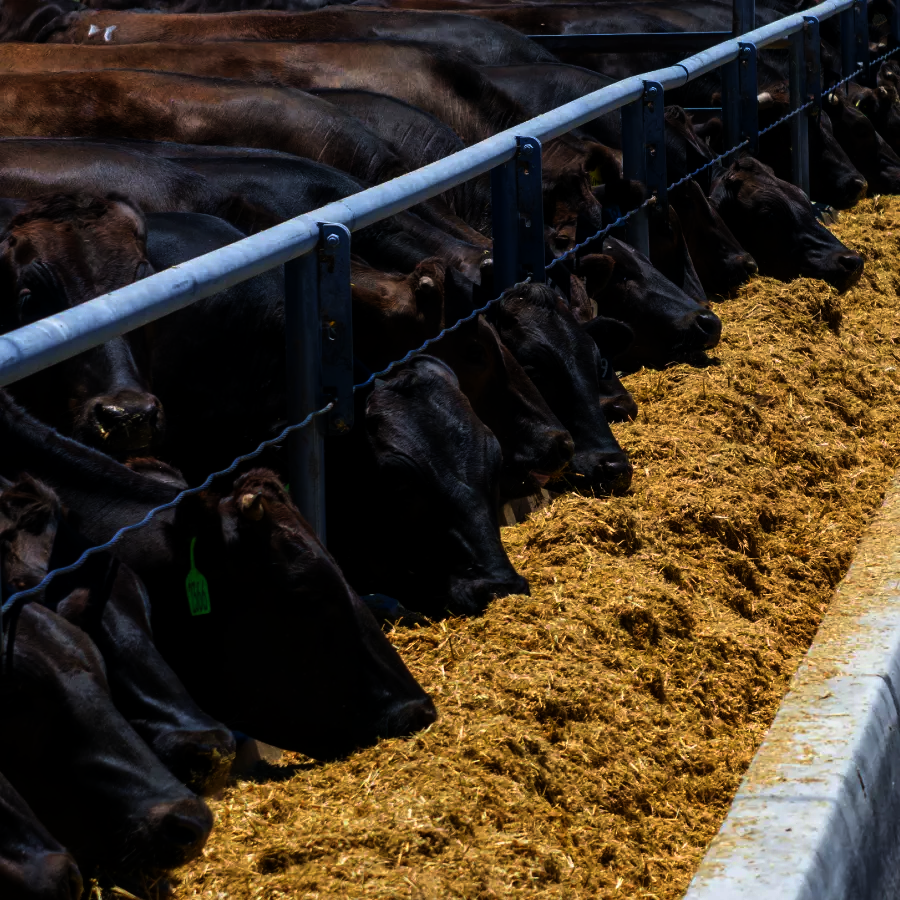
Chromium: Supporting Metabolism and Stress Resilience
Chromium is an essential trace mineral that plays a key role in supporting cattle health and performance, particularly in stressful conditions. Because it’s not readily available in most feedstuffs, chromium must be supplemented into the diet of feedlot cattle.
Key Benefits of Chromium:
- Improved Cell Sensitivity to Insulin: Chromium enhances insulin sensitivity in cattle which plays a role in all physiological functions in feedlot cattle, leading to a host of health benefits.
- Stress Tolerance and Recovery: Insulin is essential for regulating glucose metabolism in cattle which helps enhance their ability to recover from stressors like cold temperatures, transportation, and other environmental challenges.
- Reduce Morbidity: Chromium supports the immune function in cattle by ensuring activated immune cells receive the glucose they need, helping animals stay healthier and recover faster.
- Maintaining Healthy Body Condition: Improving cell sensitivity to insulin, chromium helps with both glucose and fat metabolism in the body which helps maintain a healthy energy balance in cattle during colder months when energy demands are higher.
By incorporating chromium into feed rations, producers can support cattle’s metabolic health, improving growth rates, stress resilience, and overall winter performance.
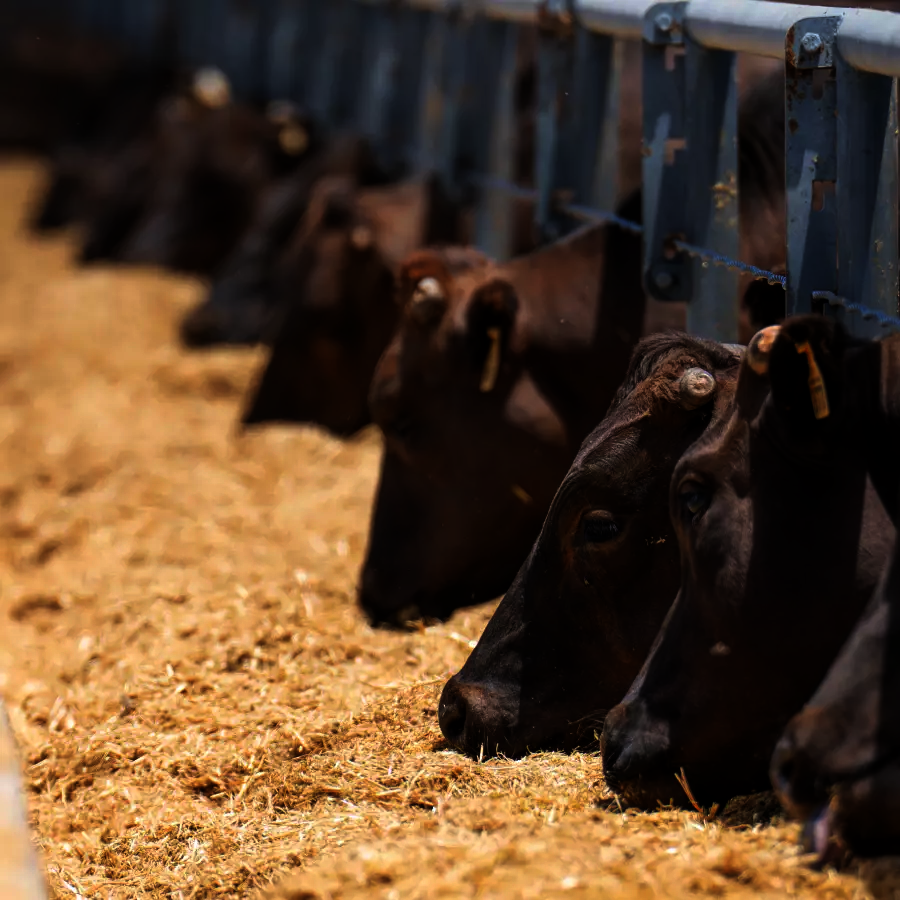
Methionine: The Most Limiting Amino Acid in the Rumen
Methionine is an essential amino acid that the body cannot produce on its own, meaning it must be supplied through the diet. It is often the most limiting amino acid in typical ruminant rations.
When methionine is bonded to trace minerals like zinc and chromium, it enhances their absorption in the gastrointestinal tract by acting as an organic carrier. This combination significantly improves mineral bioavailability and utilization.
Key Benefits of Methionine:
- Improved Lean Growth: Methionine supports protein synthesis and muscle development, leading to increased lean tissue gain in feedlot cattle.
- Reduced Stress Response: Supplementing methionine can help reduce the physiological stress response, especially in newly arrived or transported cattle, supporting better health and performance during the critical receiving period.
- Enhanced Feed Conversion Efficiency: By optimizing the use of dietary protein, methionine improves feed conversion, helping cattle gain more weight per unit of feed consumed.
- Bypass Rumen Degradation: Research shows that when methionine is chelated to zinc and chromium, it can help these minerals bypass rumen degradation by up to 80%, allowing for more efficient absorption and utilization in the lower gastrointestinal tract.
Methionine’s multifaceted role in improving growth, efficiency, stress tolerance, and mineral absorption makes it a valuable addition to feedlot nutrition strategies.
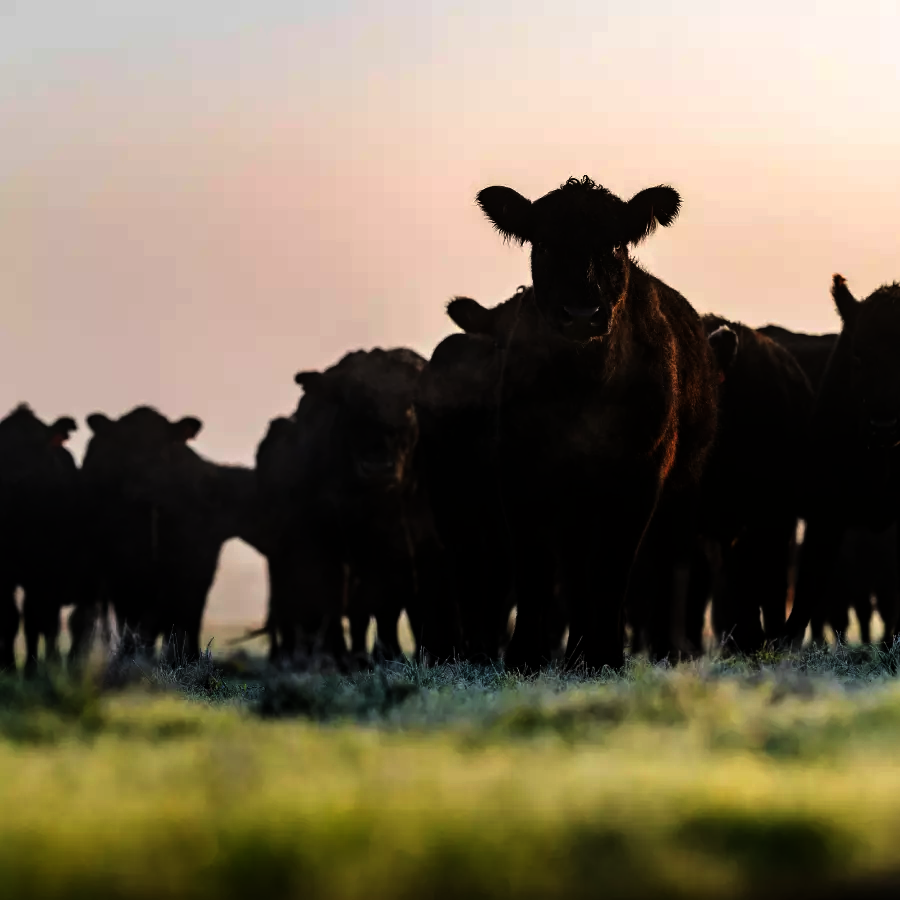
ZinMet: Combining the best of Zinc, Methionine and Chromium
ZinMet is a unique combination of specific quality-organic trace minerals that consists of zinc and chromium bound to methionine.
Extensive research shows ZinMet to help feedlot cattle:
- Increase average daily gains by 3%
- Enhance dry matter feed conversion up to 2.3%
- Improve stress and morbidity tolerance/recovery
- Boost keratin production for healthy hair and hooves
The methionine bond allows ZinMet to bypass up to 80% of rumen breakdown, ensuring more efficient delivery and absorption of zinc and chromium where the animal needs them most.
Conclusion
Winter poses distinct challenges for feedlot cattle, including heightened energy demands, suppressed immunity, and increased exposure to environmental stress. Strategic organic trace mineral supplementation during these months is crucial for maintaining optimal performance and animal health.
Incorporating ZinMet into feed rations offers a simple and effective solution for addressing these winter challenges. By combining organic zinc bound to methionine, using chromium as a catalysis. ZinMet helps support immune function, improve stress resilience, maintain hoof integrity, and promote better growth and feed conversion.
Proactively supplementing these essential trace minerals ensures cattle can adapt more effectively to the colder conditions, leading to healthier, more resilient livestock and improved performance throughout winter.
For more information on how ZinMet can benefit your feedlot, contact your local Austasia Animal Products representative today.







